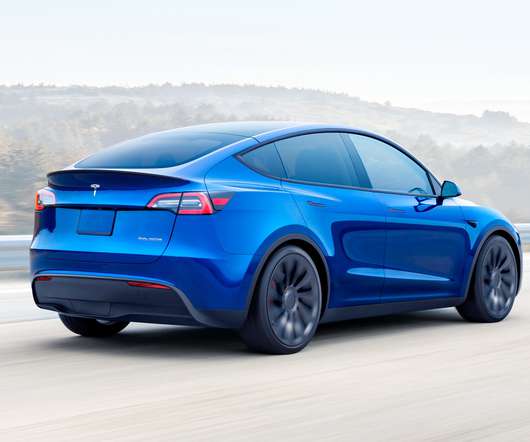EPA fuel economy report finds weight and power leveling off, footprint stable
Green Car Congress
JANUARY 16, 2018
EPA recently released the latest edition of its annual report Light-Duty Automotive Technology, Carbon Dioxide Emissions and Fuel Economy Trends. The report is the authoritative reference for real-world fuel economy, technology trends and tailpipe carbon dioxide emissions, for new personal vehicles sold in the US every year since 1975.

























Let's personalize your content